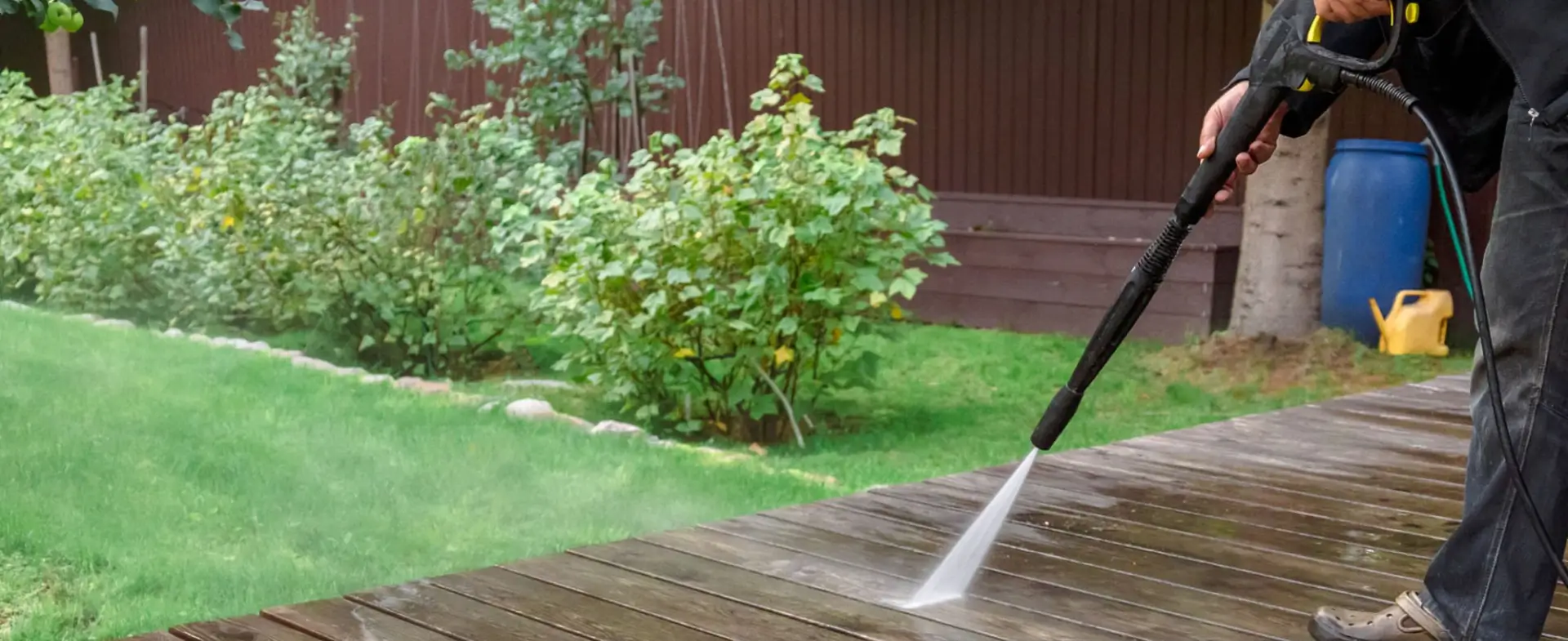Nov 16,2024
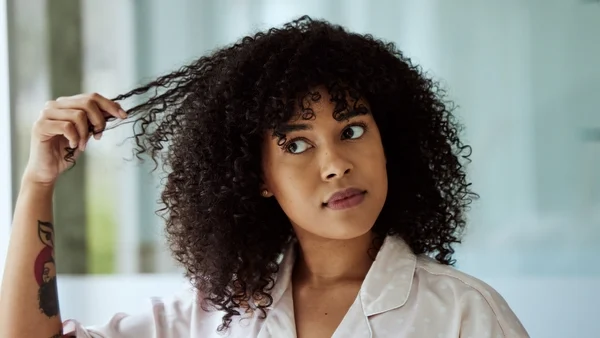
If you’re surprised at the amount of hair you’re currently shedding, you’re not alone.
Winter hair shedding may sound like an old wives’ tale, but experts say it’s a common reaction to the change in seasons.
Whilst a number of factors can impact the amount of hairs you shed, a shift into the cooler months contributes to higher hair loss.
"On average, we lose between 100 and 150 hairs a day, which is a normal part of the hair growth cycle," explains Notting-Hill based celebrity stylist, Gustav Fouche.
"Yet changes in environment, such as colder air and indoor heating, can affect the body slightly, which may increase hair shedding."
We hear from haircare experts what makes our hair shed and how to deal with it.
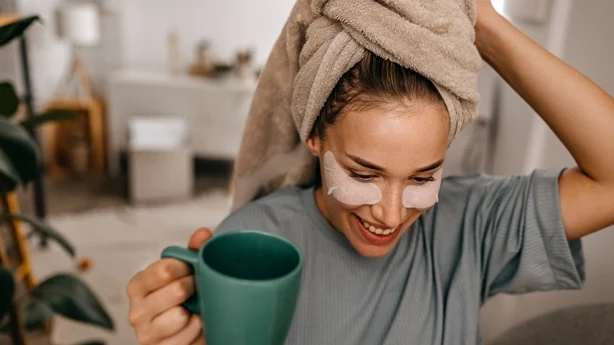
Why your hair sheds more in winter
"Typically it is believed that your hair does shed more during the winter," says renowned celebrity colourist Josh Wood.
"This could be caused by colder drier weather, in and out of central heated spaces, so many events where you’re styling the hair more – but also in the cold weather there is reduced blood flow to the scalp."
However, if you think you are shedding a lot more hair than usual, it may not just be down to the weather. "This will usually indicate some internal disturbance or imbalance," explains Philip Kingsley’s consultant trichologist Anabel Kingsley.
"This type of hair shedding is called telogen effluvium. For instance, thyroid imbalances commonly cause excessive shedding and loss of hair thickness.
"With telogen effluvium, this is usually triggered by events such as but not limited to illness, stress, post-partum or nutritional changes and/or deficiencies."
Thankfully, Kingsley says there is no need to panic, as this type of hair loss is not permanent: "Although it can be extremely distressing, rest assured the hair will almost certainly grow back once the underlying issue has been resolved."
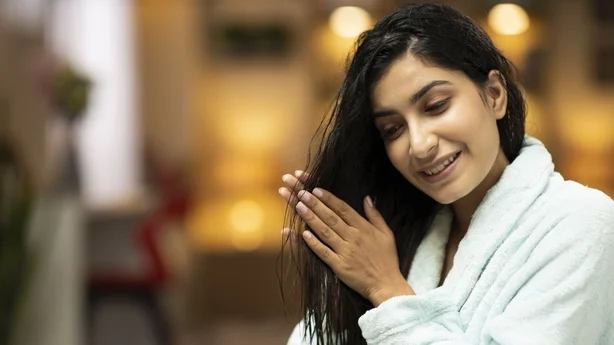
What affects it
There are two factors that affect seasonal hair shedding: our hormones and our hair routines.
"The regular use of hairstyles like ponytails, buns, and braids that pull tightly on the scalp can cause hair shedding, particularly during colder months when the scalp is already partially dried out," explains celebrity stylist Jess Elbaum, known for her styles on Modern Family and Magnum Pl.
"The regular use of heated styling tools like straighteners, curling irons, and blow dryers can also weaken hair strands, making them more prone to breakage and shedding."
But for some, the festive lead up can also cause immense stress, which also has an impact on our hair loss.
"Hair is a non-essential organ, so when the body undergoes stress, resources are redirected to vital areas, often making hair one of the first areas affected," explains Fouche.
"Using products designed to support scalp health, such as scalp elixirs, can help ensure follicles receive essential nutrients," says Fouche.
"Regular scalp exfoliation can also help by keeping the scalp clean and supporting the hair growth cycle."
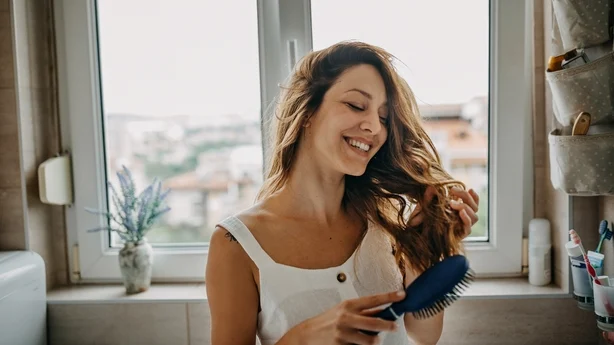
How to prevent it
If you feel as though you’re going through a shedding phase, the experts advise you to be kind to your hair.
"It’s important to be gentle and give your hair the care it needs to thrive. Use softer brushes, opt for looser styles, and avoid tugging on the hair," says Fouche.
If you’re worried about your hair looking thin, Davina McCall’s stylist and hair expert Michael Douglas, explains that "Things like dry shampoo are a good way to make your hair feel thicker and fuller and using a shampoo and conditioner such as OGX biotin and collagen can be good for making hair feel fuller.
"But to actually grow new thicker hair, this will probably require a more holistic approach taking into account lifestyle, diet, exercise, and wellbeing."
Douglas says the secret to fuller hair lies right in the supermarket aisles. "The single best thing that you could eat to help your hair would be an egg!" he laughs. "Eggs are quite frankly the best supplement that you could take to support good hair growth."
.svg)
